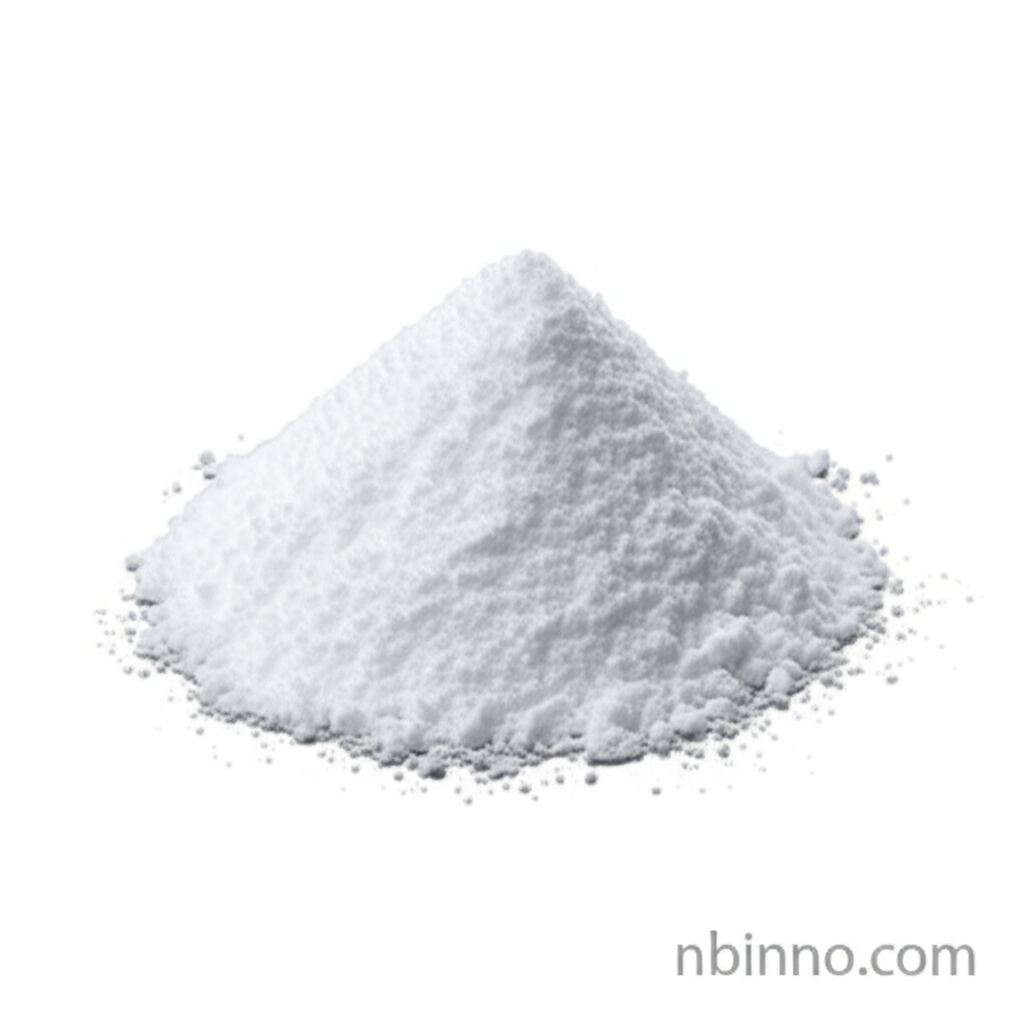Ethylene Diamine Tetraacetic Acid: Properties, Applications, and Industrial Significance
Discover the multifaceted role of EDTA as a premier chelating agent across diverse industries and its impact on modern chemical processes.
Get a Quote & SampleProduct Core Value

Ethylene Diamine Tetraacetic Acid
Ethylene Diamine Tetraacetic Acid (EDTA) is a highly effective chelating agent, renowned for its ability to bind strongly with metal ions. This property makes it indispensable across a vast array of industrial applications, from stabilizing products to facilitating complex chemical reactions.
- Explore the unique EDTA chelating agent mechanism and how it works to sequester metal ions, preventing unwanted reactions and improving product stability.
- Understand the critical applications of EDTA in water treatment, where it effectively removes scale-forming mineral cations and improves water quality.
- Learn about the diverse EDTA industrial uses, including its role in detergents to enhance cleaning power and in the textile industry to maintain color vibrancy.
- Investigate the EDTA food additive safety and its function as a preservative, safeguarding flavor and color in various food products.
Key Advantages
Unmatched Metal Ion Control
EDTA excels at forming stable, water-soluble complexes with a wide range of metal ions, effectively controlling their reactivity and preventing detrimental effects in various processes. This is crucial for maintaining product integrity and process efficiency, especially when dealing with trace metals.
Versatile Application Spectrum
The broad utility of EDTA spans numerous sectors, showcasing its adaptability. From enhancing detergent performance and preserving food to enabling advanced textile dyeing and ensuring pure water in industrial systems, its applications are extensive, making it a cornerstone chemical.
Chemical Stability and Performance
EDTA offers high thermal and chemical stability, maintaining its efficacy across varying pH levels and temperatures. This reliability ensures consistent performance in demanding industrial environments, making it a dependable choice for complex chemical challenges.
Key Applications
Water Treatment
EDTA is vital in water treatment plants to sequester metal ions, preventing the formation of scale and sludge in boilers and heat exchangers, thereby improving system efficiency and longevity.
Detergents
In detergent formulations, EDTA complexes with calcium and magnesium ions in hard water, preventing soap scum formation and boosting overall cleaning performance and fabric care.
Food Industry
As a food additive, EDTA inactivates metal ions that catalyze oxidation, preventing discoloration and preserving the flavor and texture of canned goods, dressings, and other processed foods.
Textile and Paper Industries
EDTA is used to prevent metal ion impurities from affecting dye colors in textiles and to inhibit metal-catalyzed degradation of hydrogen peroxide in paper bleaching processes.
